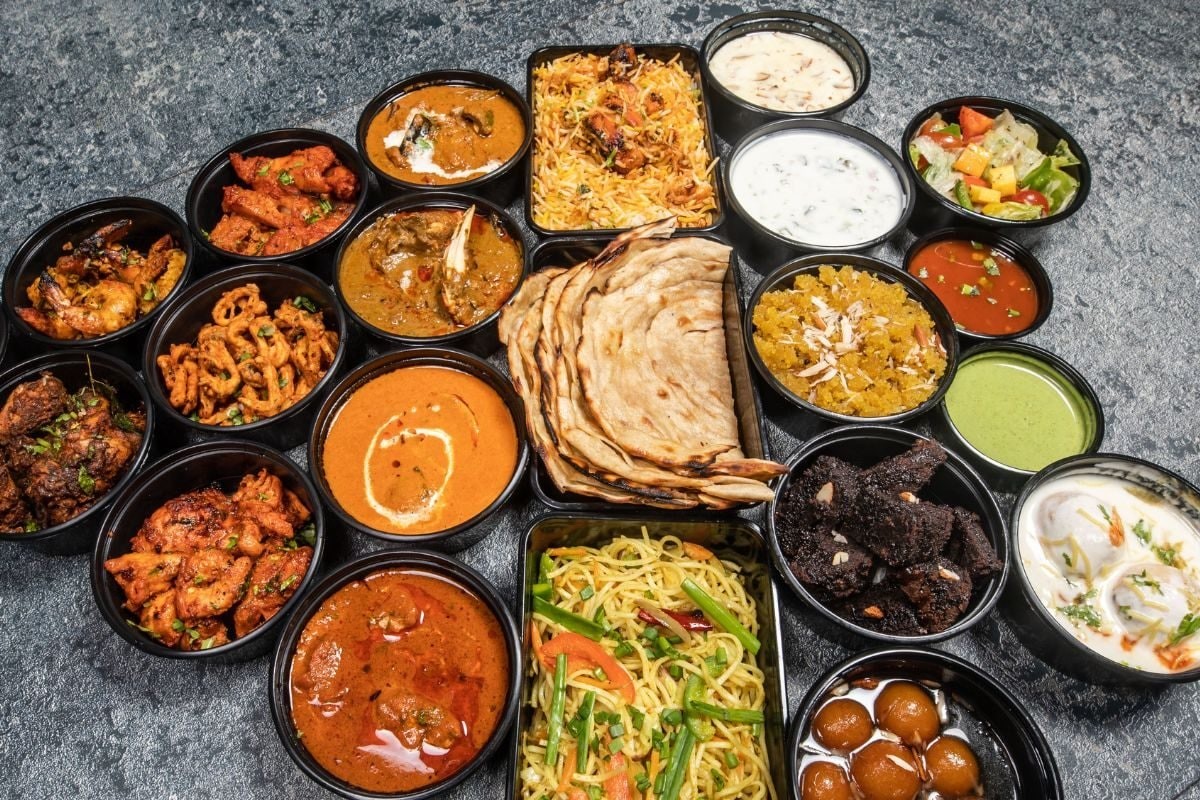Ask Lemmy
A Fediverse community for open-ended, thought provoking questions
Rules: (interactive)
1) Be nice and; have fun
Doxxing, trolling, sealioning, racism, and toxicity are not welcomed in AskLemmy. Remember what your mother said: if you can't say something nice, don't say anything at all. In addition, the site-wide Lemmy.world terms of service also apply here. Please familiarize yourself with them
2) All posts must end with a '?'
This is sort of like Jeopardy. Please phrase all post titles in the form of a proper question ending with ?
3) No spam
Please do not flood the community with nonsense. Actual suspected spammers will be banned on site. No astroturfing.
4) NSFW is okay, within reason
Just remember to tag posts with either a content warning or a [NSFW] tag. Overtly sexual posts are not allowed, please direct them to either !asklemmyafterdark@lemmy.world or !asklemmynsfw@lemmynsfw.com.
NSFW comments should be restricted to posts tagged [NSFW].
5) This is not a support community.
It is not a place for 'how do I?', type questions.
If you have any questions regarding the site itself or would like to report a community, please direct them to Lemmy.world Support or email info@lemmy.world. For other questions check our partnered communities list, or use the search function.
6) No US Politics.
Please don't post about current US Politics. If you need to do this, try !politicaldiscussion@lemmy.world or !askusa@discuss.online
Reminder: The terms of service apply here too.
Partnered Communities:
Logo design credit goes to: tubbadu
view the rest of the comments



Just because something is made in a place doesn't mean its part of the cuisine belonging to that place. Indian dishes do NOT count for British.
Some "Indian dishes" are British though.
Tikka masala for example.
Yes. I know. But it's not British cuisine.
It is widely regarded as a British dish which British parents make for their British children in their British kitchens. When snack companies like pringles do a selection of British flavours tikka masala is included alongside marmite and roast beef. I'm sorry but there is absolutely no way you can convince me that specifically tikka masala isn't part of British cuisine. Tikka masala sauce is available in many chip shops as a topping. You might as well tell the Irish that they can't have potato bread because potatoes are from north America.
The curries I mentioned are all British though, invented in Britain, by mostly Bangladeshi immigrants. And they're largely unknown in South Asia. You'd really struggle to find a 'Chicken Madras' in Chennai for example.